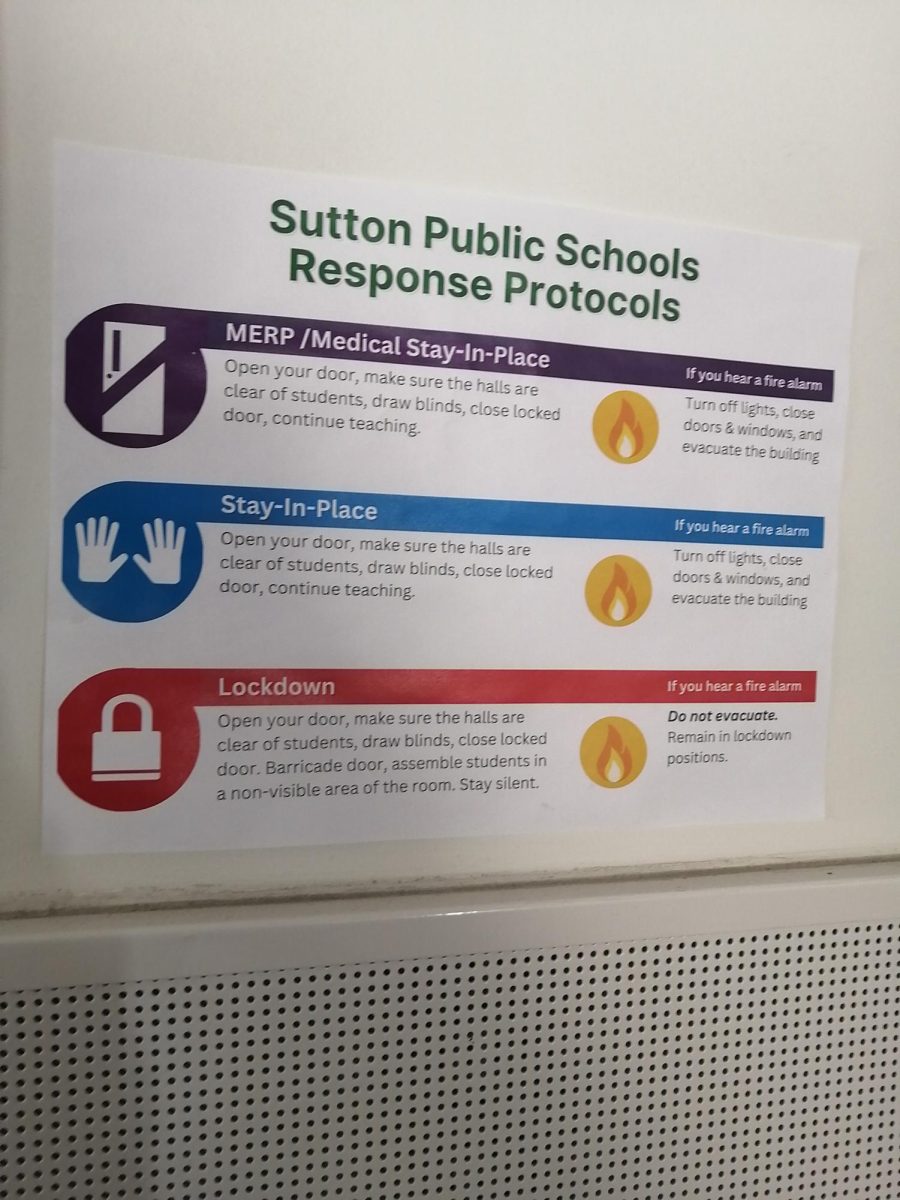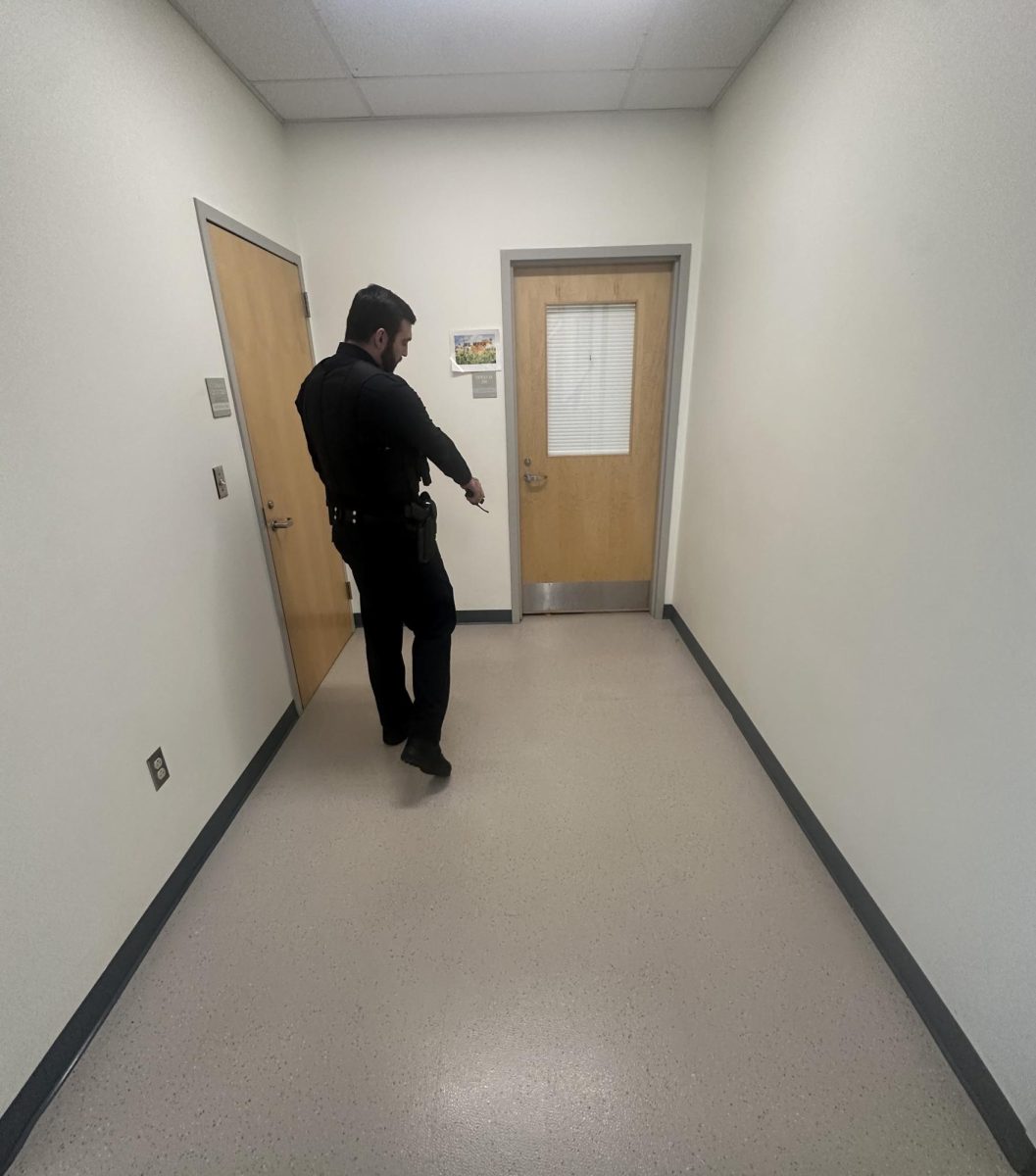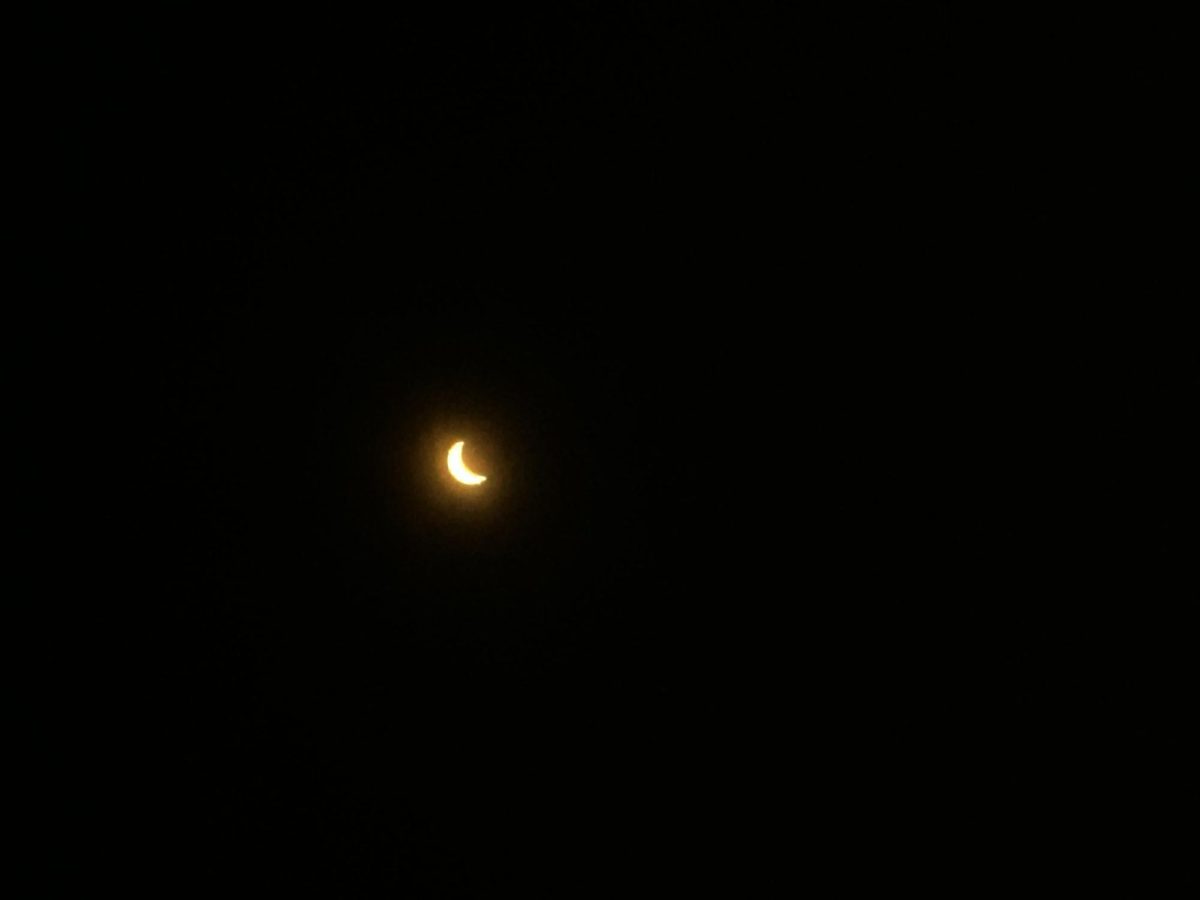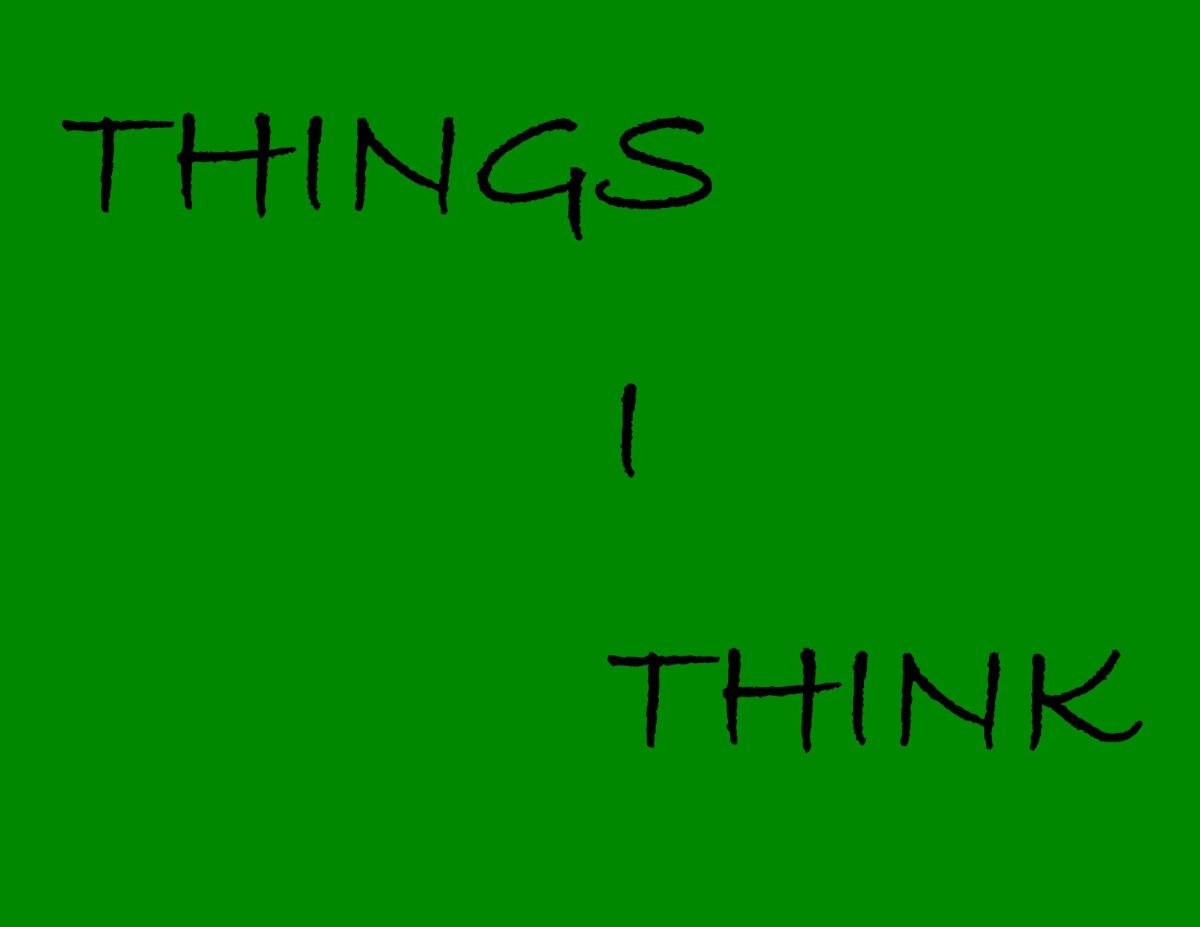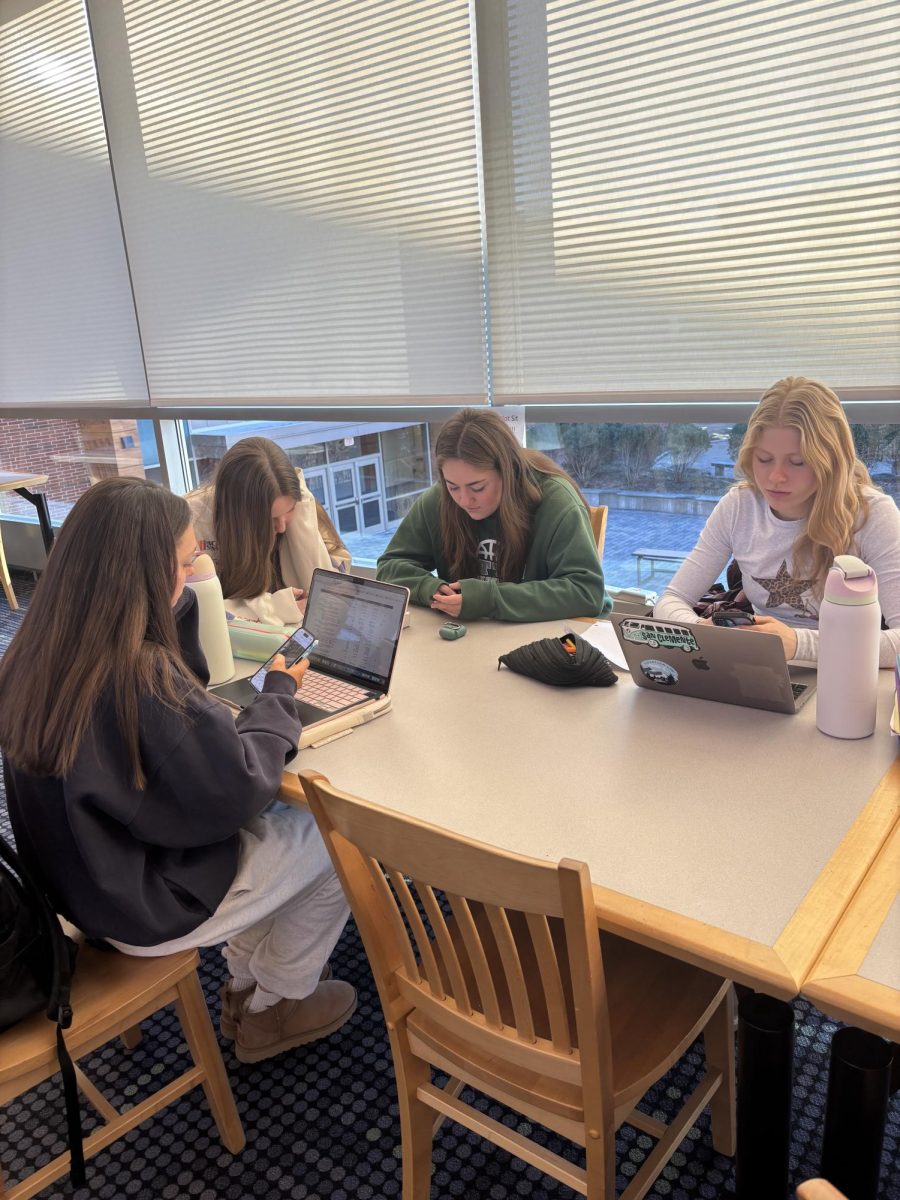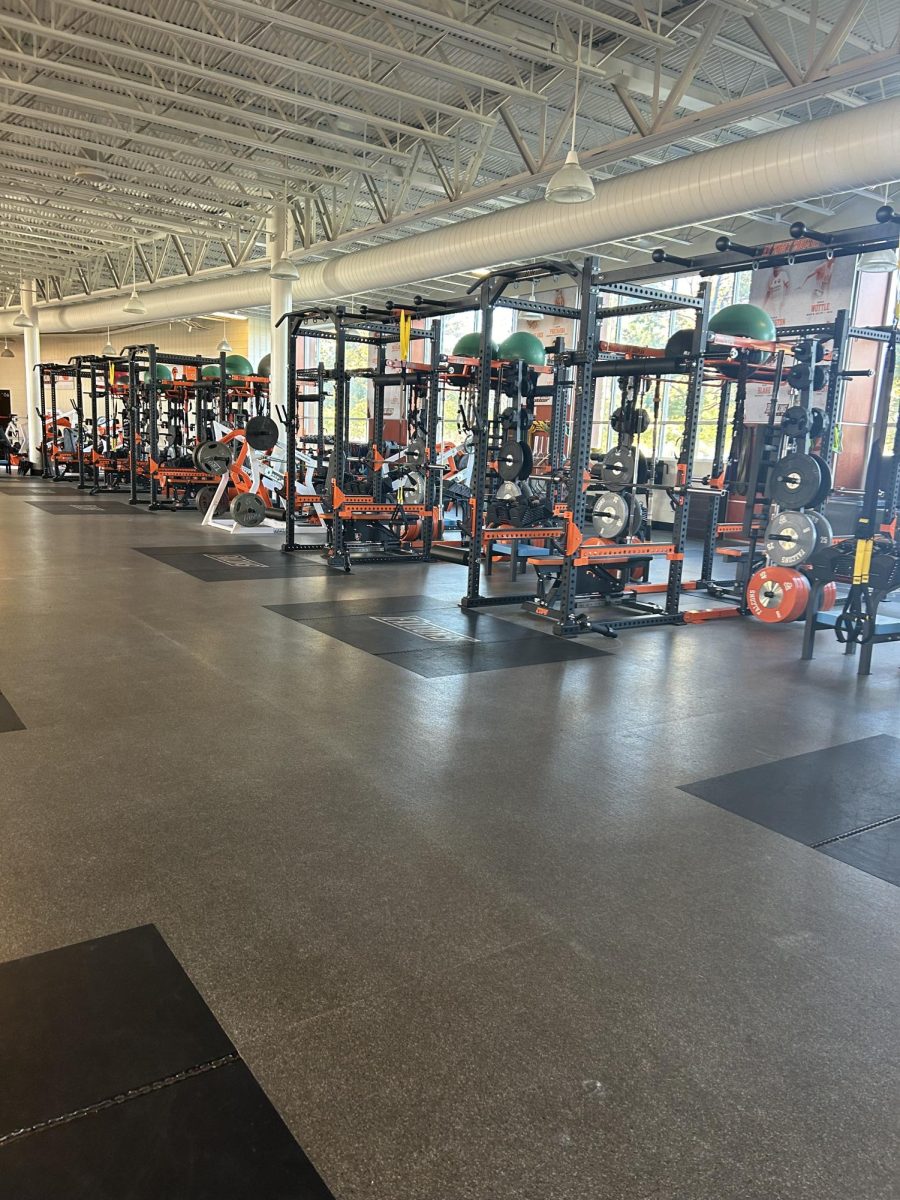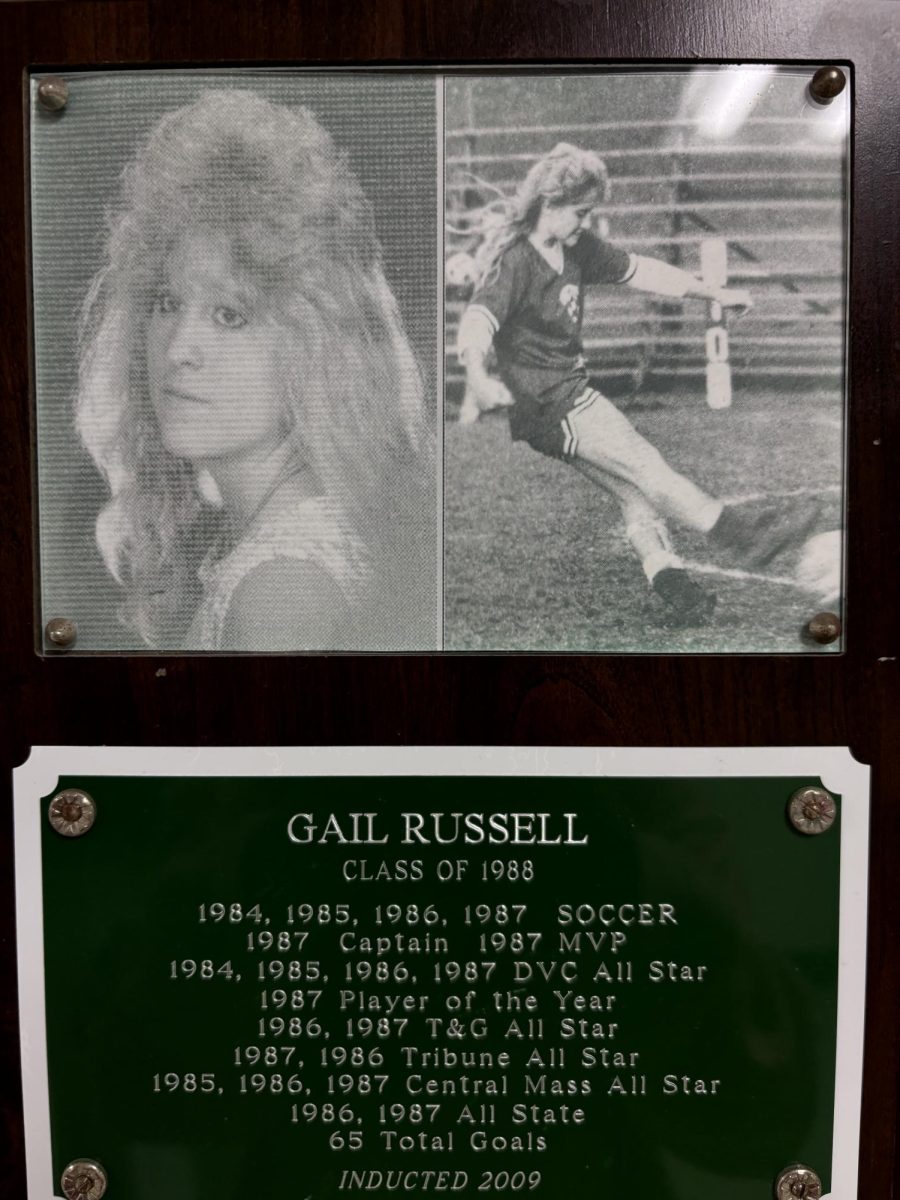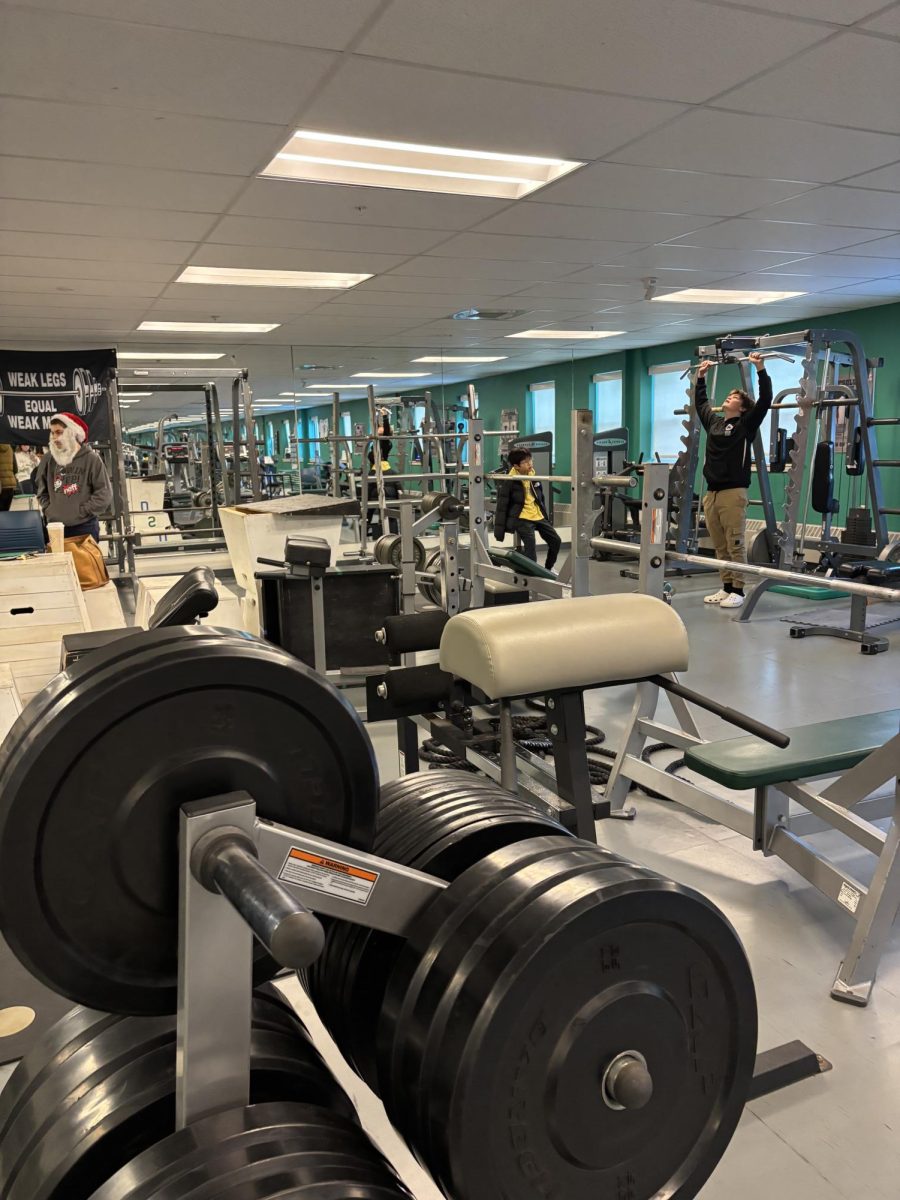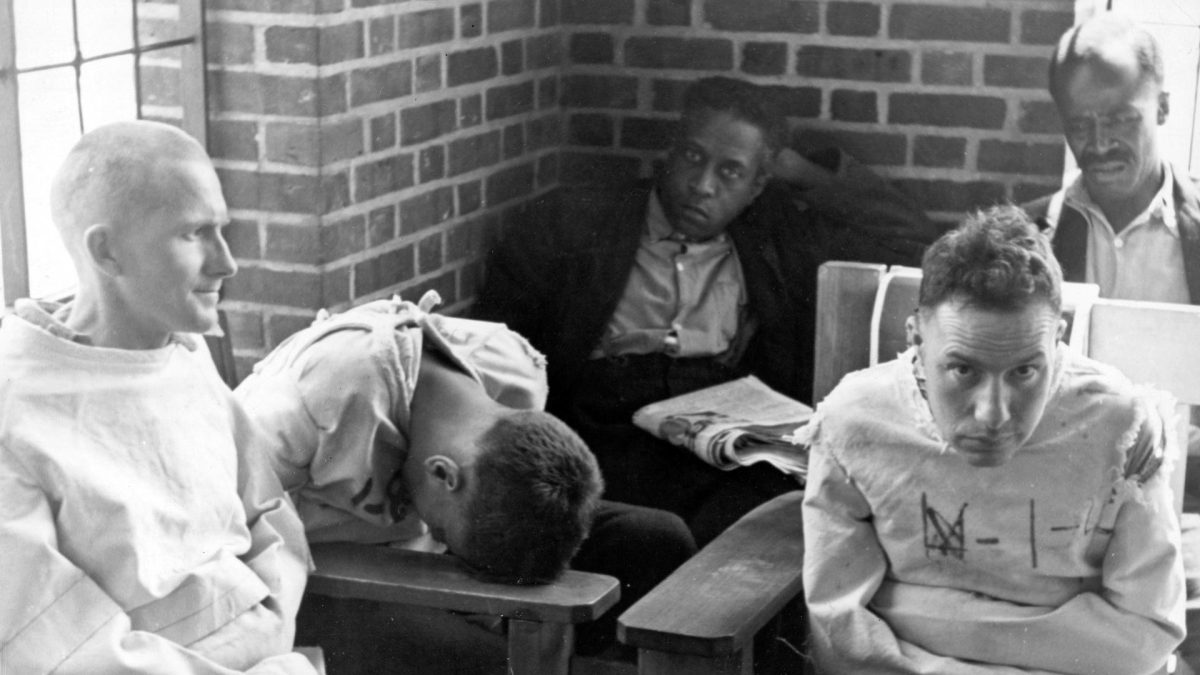The Ukrainian Russian Conflict And How It Affects Us
March 2, 2022
World politics! Something’s constantly going on around the world, natural disasters, scandals or outright conflicts. Usually when you hear about this it goes through one ear and out the other, after all it’s going on somewhere around the world. Why would you care? That earthquake in Japan’s not going to affect you, right? This matter is something much more volatile than regular news you would hear. As you might have heard there is a current stand off between Ukraine and Russia. Russian troops are being positioned around the border and war is something that is feared around the world. You might be wondering why, it happens to be that Ukraine is being backed up by NATO (North Atlantic Treaty Organization). If you slacked off a bit during history and social studies, you probably wouldn’t realize that we are in it. We being the United States. Join us here at Sutton news to find out more about this ongoing situation, and how it will affect us and our countries influence and interest around the world.
Now before delving into a topic like this, it’s important to know the history surrounding the two main players in the conflict, Russia and Ukraine. Up until 1991 Ukraine was a state under the Soviet Union, later becoming an independent nation after the collapse of the Soviet Union. Despite being independent the Ukrainian government still had close ties with Russia, in 2014 when the acting president Yanukovych rejected a bill that would implement agreements with the European union. Revolutionary groups that supported their country becoming closer with the EU were outraged at this, and soon after protests and demonstrations broke out against the current government. After a clash with riot police the Government gave in. Yanukovych was outed and sent to Russia in exile. The newly revolutionized government immediately went to action pushing their country away from Russian influence and more towards the west. Now it becomes clear where the issue stems from, Russian influence was effectively curbed after the 2014 revolution, something that the country was not happy with. It’s sphere of influence was curbed substantially after these changes. What’s worse is that Ukraine began seeking admission into NATO, allowing more western influence into the region, something that could be seen as catastrophic by Russia’s point of view.
With almost all of the background knowledge now the current situation is as is, Russian forces are gathering up on the Ukrainian borders until their demands are met. One would be the rollback of NATO forces in countries that joined after 1997 and the other would be that Ukraine be denied from joining the treaty. Unsurprisingly both demands were denied by the United States and NATO. With no solution in sight, diplomats from all countries involved have been negotiating trying to come up with a solution. Until then everyone remains on standby, weapons for the sake of self defense are being sent to Ukraine from the United States and United Kingdom. Special forces from the UK have been sent to the country, while United States troops are deployed to eastern Europe to remain on standby. Now what does this news mean for us? Us being the average US citizen going about their daily lives. To help understand what this means, I’ve interviewed someone who has a bit more insight than your average Joe. A history teacher! Someone who’s familiar with learning about conflicts about this, you know what they say “Those who fail to learn from history are failed to repeat it.”
Interview transcript
I-Interviewer
P-Mr. Perrin
I: ”How do you see this conflict from the eyes of a scholar/historian? Do you think this will be a defining event of the 21st century? Or will it just be something that is quickly forgotten?”
P: “That’s a great question, I don’t know when it will be forgotten, when it’s something that’s connected to a historical relationship that Russia and Ukraine possess, as Ukraine, Belarus and Russia were the three main Russian countries. And when the Soviet Union fell, Russia and Ukraine remained very close for a number of years, until 2014 where there was a revolution that got a pro Russian government, and now the government is more pro European. What Putin wants to do is to maintain or keep that sphere of influence that the soviet Union had. And Ukraine bowing down to NATO and the EU is slowly intruding into their sphere of influence”
I:”Do you believe there is more than meets the eye when it comes to this conflict? Could this be compared to something akin to Nazi Germany’s advance into Poland? An event that sparked all-out war in Europe once again?”
P: ”I’ve seen a lot of reports that the U.S top diplomat thinks that Russia is going to try to invent some sort of crisis to justify a Russian invasion. A caucus belie, or a reason that the rest of the world could use to justify that. Though it would be hard as the whole world is watching.”
I: ”What would your reaction be if the United States gets dragged into another major conflict due to its NATO responsibilities as a key member.”
P: ”I mean that’s why NATO exists, it’s a mutual alliance between all the members. If one of them got into trouble the others would bail them out. As a member of NATO its our responsibility to maintain that alliance. I don’t want the US to go to war or Ukraine, though I’m not sure if Russia wants to go to war as well. If we don’t hold our NATO obligations the rest of the world would see us as unreliable.
I: “So it boils down to the USA being a major player in NATO and fulfilling what’s expected of them?”
P: “Yeah, as the US Is the major player, the ones behind its creation”
I: ”Should America head back to its roots and maintain a isolationist policy when it comes to foreign events and conflicts?”
P: ”I don’t think we can, it sounds nice and all but we can’t. If we let Russia invade Ukraine, how many other authoritarian governments will see that as a go-ahead. If Ukraine falls to Russia would Taiwan be safe? Or what happens if Iran tries to invade parts of the middle-east or there are more problems between Syria and Israel”
I: “Yeah so we’re already past that point of no return from all our actions around the world previously as you’re saying it.”
I: “Last question, as I’m all out of them. Would this conflict have to be something that future generations of America have to pay attention to?”
P: ”I don’t know if it’s in this conflict in particular, but we have to be vigilant around all authoritarian governments around the world with militaristic policies, but some would say the United states have some aggressive militaristic policies as well. But it’s all about perspective really, we just need to be vigilant, as the world is vastly different from 50 years ago. Fifty years ago there was a bigger technological difference around most countries in the world but most governments are closing in on that and catching up with technology. As everyone is on the same sort of playing field.”


